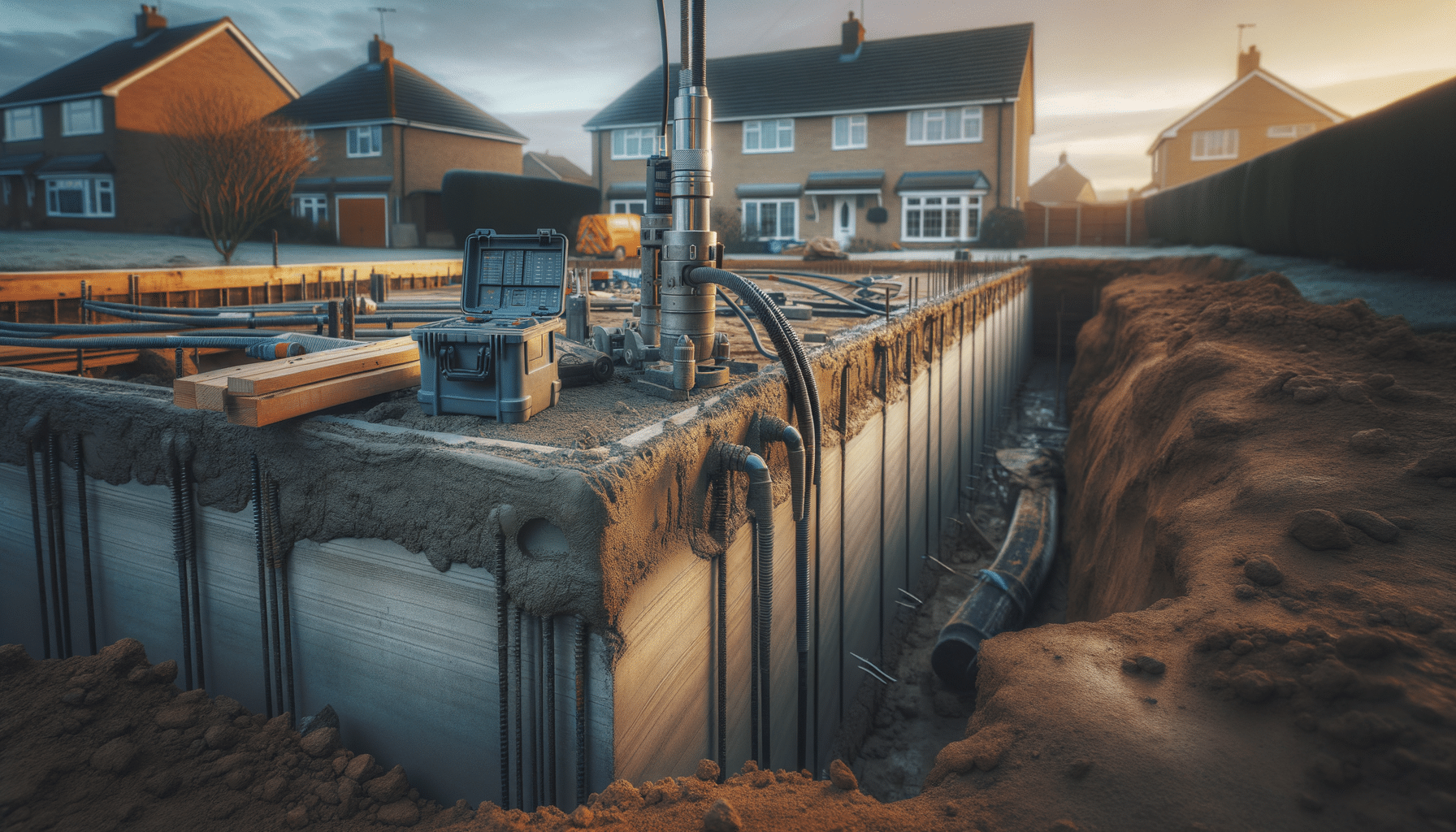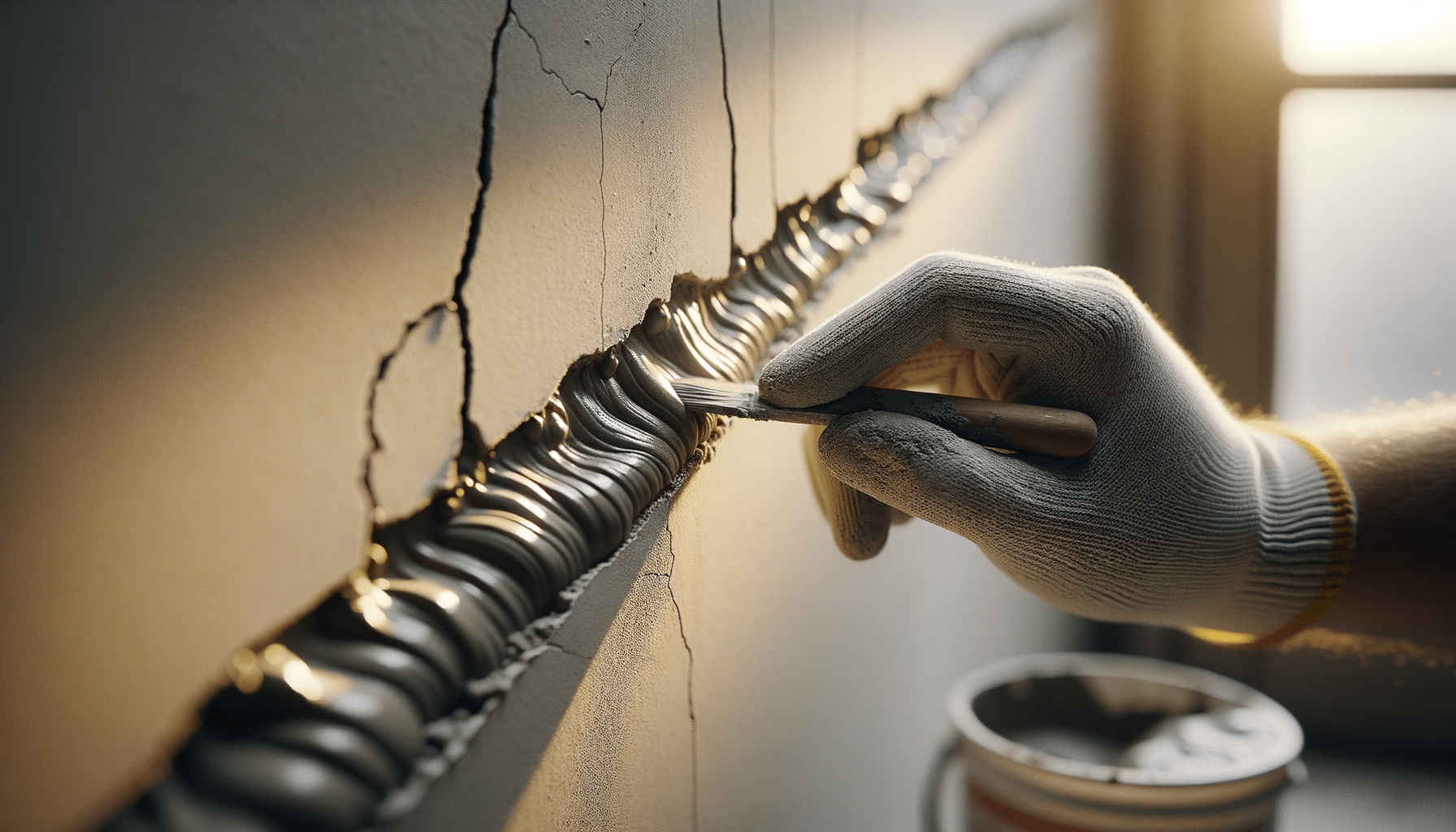
Learn About Appliance Repair
Introduction to Appliance Repair
In every household, appliances play a crucial role in making life easier and more efficient. From refrigerators that keep our food fresh to washing machines that handle our laundry, these devices are indispensable in modern living. However, like all machines, they can break down, often at the most inconvenient times. Understanding appliance repair can save time and money, offering a practical solution to extend the life of your devices. This article explores various aspects of appliance repair, providing insights into common issues, maintenance tips, and when to seek professional help.
Common Appliance Issues and Troubleshooting
Appliances can experience a range of issues, from minor glitches to major malfunctions. Recognizing the common problems can help in troubleshooting and finding a remedy. For instance, refrigerators might start leaking water or fail to cool properly, often due to faulty seals or clogged defrost drains. Washing machines might refuse to spin or drain, typically caused by imbalanced loads or blocked hoses.
To address these issues, homeowners can undertake some troubleshooting steps:
- Inspect seals and gaskets for wear and tear.
- Check for any obvious blockages or leaks.
- Ensure the appliance is balanced and on a flat surface.
By identifying signs early, you can often prevent further damage and save on costly repairs. However, it’s crucial to understand your limits and when to call in a professional.
Maintenance Tips to Prolong Appliance Life
Regular maintenance is key to keeping appliances running smoothly and extending their lifespan. Simple routine checks can prevent many common problems and ensure efficiency.
Here are some maintenance tips for various appliances:
- Refrigerators: Clean condenser coils twice a year to improve efficiency.
- Washing Machines: Run an empty wash cycle with vinegar to clean the drum and hoses.
- Dryers: Clear lint filters after each use to prevent fire hazards.
Implementing these practices not only helps in avoiding frequent repairs but also enhances the performance of the appliances, ensuring they operate at optimal levels.
When to Seek Professional Repair Services
While DIY repairs can be effective for minor issues, there are times when professional intervention is necessary. Complex problems, like electrical faults or motor failures, require expertise and specialized tools that professionals possess.
Indications that professional help is needed include:
- Persistent issues despite troubleshooting efforts.
- Strange noises or burning smells from the appliance.
- Visible damage to electrical components.
Engaging a professional not only ensures the problem is correctly diagnosed and fixed but also provides peace of mind knowing that the appliance is safe to use.
Conclusion: The Value of Appliance Repair Knowledge
Understanding appliance repair is invaluable for homeowners. It empowers them to manage minor issues independently, saving money and extending the life of their appliances. However, recognizing the limitations of DIY repairs and knowing when to call in professionals is equally important. By maintaining a balance between self-repair and professional services, homeowners can ensure their appliances remain efficient and safe for years to come.


